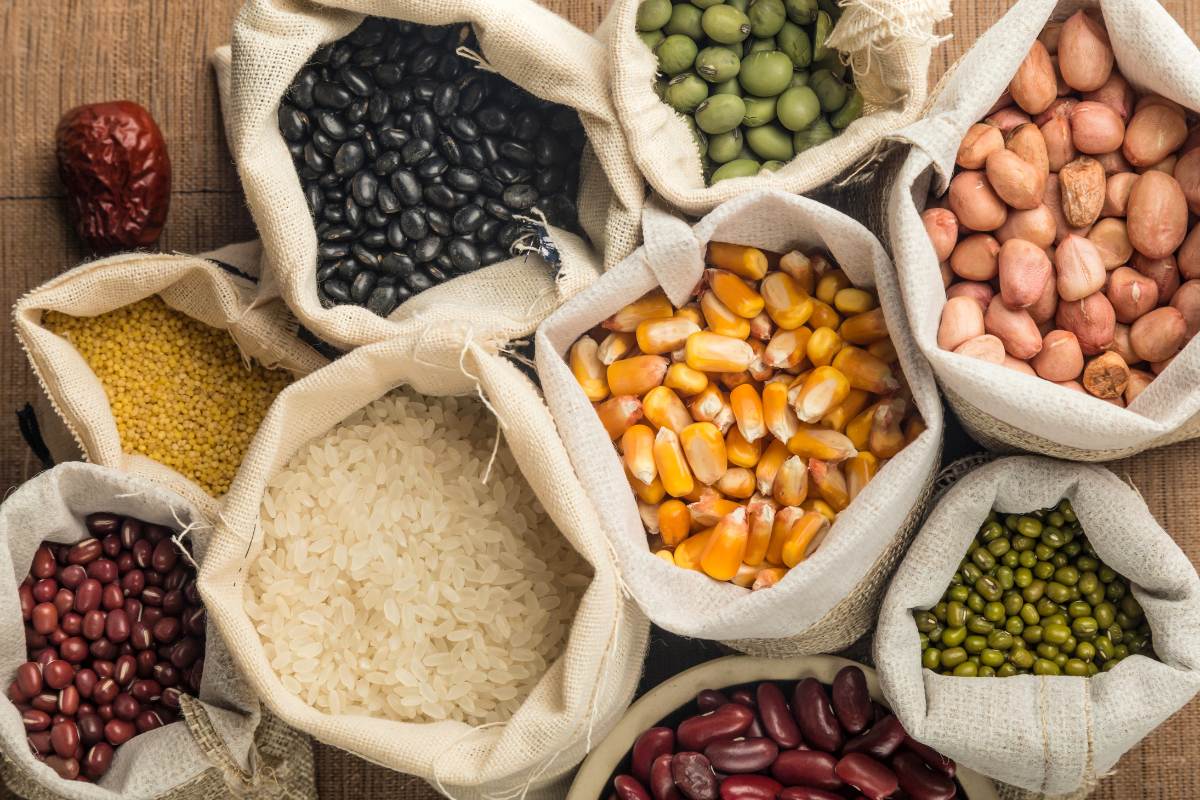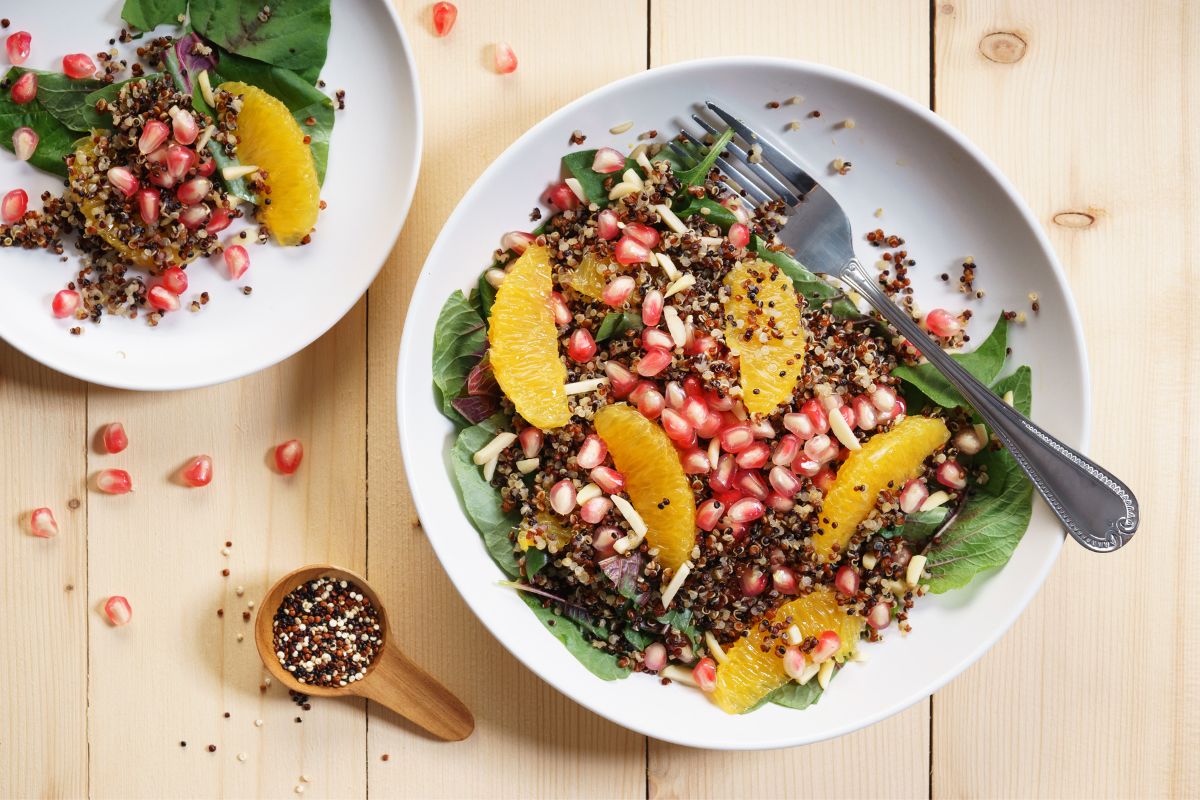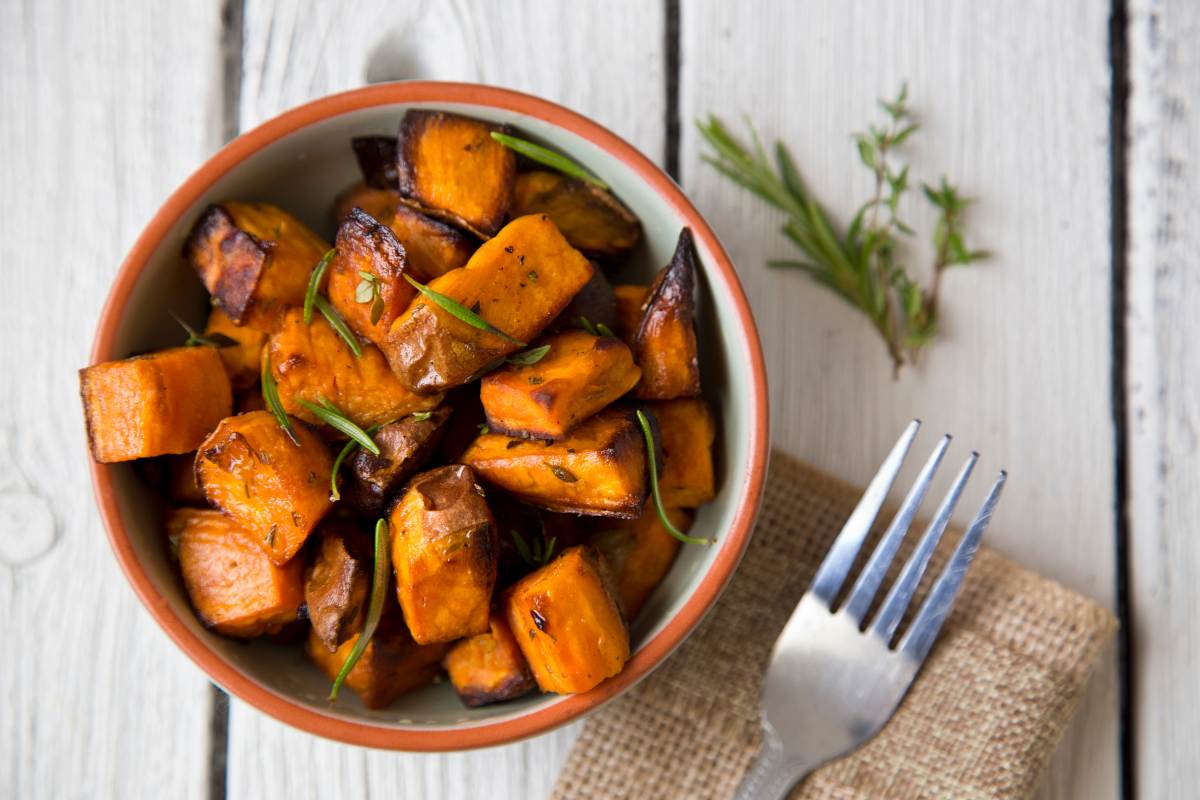Whole Grains And Why Your Body Needs Them
We’re here to tell you that whole grains do the body good. Of course, “everything is in moderation;” however, whole grains have a bunch of health benefits. They are a great source of fiber, vitamins, and minerals, which is why, in limited amounts, the Hallelujah Diet supports a variety of whole grains.
What exactly is a whole grain?
Most of us are no strangers to grains; they’re a household staple across cultures, but since industrialization, what makes something a whole grain is a little less apparent. Whole grains are actually seeds from plants like corn, rice, wheat, buckwheat, quinoa, and amaranth. The seed is composed of three parts: the bran (a hard, fibrous shell), the germ (the core part of the kernel that's packed with vitamins and nutrients), and the endosperm (the largest section where carbohydrates are stored along with some proteins and vitamins).
This is important to understand because all three sections must remain intact to be considered a whole grain. The refining process removes the germ and the bran from whole grains, the seed's healthiest and most nutritious part.
Health benefits of whole grains
Let’s talk about our stomachs for a second. The intestines are quite long, and they need help pushing food through our bodies. This is the job of fiber. Fiber is critical to a healthy lifestyle and preventing chronic diseases. It's also critical to weight management. A neat thing about fiber is it even sends endocrine signals to the brain that satiate the appetite.
Whole grains have also been shown to lower the risk of Type 2 diabetes and stomach-related cancers, as well as high cholesterol and high blood pressure, which directly correlate to cardiovascular diseases.
Foods high in fiber keep you satisfied, creating a bulk in your stomach that supports a healthy digestion time frame, making you feel fuller longer as well as slowing the breakdown of starch into sugar. A sugar crash can make you feel hungry again, even if you just ate. Regulating appetite by consuming whole grains effectively prevents overeating.
Whole grains' prevention of sugar spikes, along with their nutrients and phytochemicals, are also what lower the risk of type 2 diabetes. Refined grains are high on the glycemic index, and replacing them with whole grains will improve how your body responds to insulin. Type 2 diabetes is one of the world’s most prevalent chronic diseases. Studies have found lack of whole grains contributes to a ¼ of all cases worldwide. Diets high in processed meats are another major offender contributing to the growing cases.
How to watch out for refined grains
The milling companies strip out the bran and germ to make grains easier to digest and give them a longer shelf life. This process has resulted in health issues around the world. Why? Because refining grains strips away their nutritional value. The fortification process allows some vitamins and minerals to be added back, but its proportions are minimal in comparison, and even when a refined grain is enriched, it's still devoid of fiber.
We know food labeling can be tricky, and the grain aisle is overwhelming but it's so important to read packaging closely. Similar to eating animal products, eating refined grains makes the body sluggish and constipated and causes weight gain because there’s no fiber.
Some refined grains are easy to identify. Culprits like white rice and white flour are the big ones, but other items not so much. Like we always say, look at the ingredient list! For instance, “wheat flour,” “unbleached wheat flour,” or “stoned wheat” are not the same as whole wheat, which is a type of whole grain. Another tricky component is that some grains mix refined and whole grains. Note that this is not a whole grain. It’s important to remember it must be made with 100% whole grains for it to be considered a whole grain.
Choose Organic Whole Grains
In modern agriculture, the use of glyphosate-containing herbicides has become ubiquitous. Not only is it used on Round-Up Ready plants like soybeans, but it can also be used right before harvest to dry up all of the grain plants so that they are ready to harvest at the same time. If it means using glyphosate to beat the fall rain or get no crop at all, the farmer might choose glyphosate to hurry the crop into the grain silos. But this means that the residual glyphosate gets passed down to the consumer, which could be you if you buy conventionally-grown whole grains. So, beware of this modern aspect of farming and choose organic whole grains for your health.
Hallelujah for Fiber
Eating foods that only originate from the garden, the mantra of the Hallelujah Diet, means you’re always eating food rich in plant fiber. Essential nutrients like iron, zinc, selenium, and B vitamins are easiest to consume through whole grains, making it a critical part of a balanced diet. God gave us real foods for a reason, and real foods aren’t fiberless or contain refined sugar. We’re here to support you, encouraging you to prepare whole grains each week, try whole grains you haven’t tasted before, and remember to place equal emphasis on monitoring the quality of carbohydrates alongside the quantity






